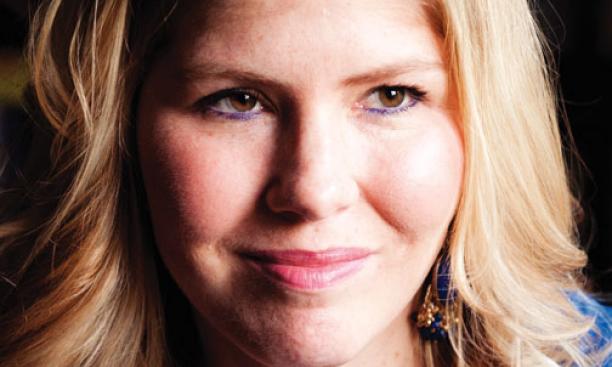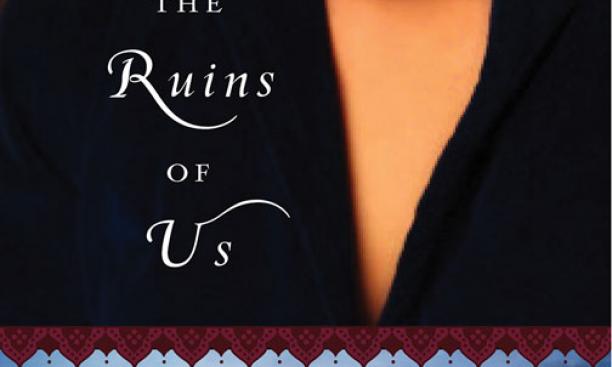

An American who was born in Saudi Arabia and spent her first 12 years in “the Kingdom,” as she refers to it, Keija Parssinen ’03 has deep ties to the country and its people. Her mother grew up there, and her father and grandfather worked for the Arabian American Oil Co. (Aramco).
Although Parssinen never lived in Saudi Arabia as an adult, the Kingdom remained a part of her. When her family moved to Texas in 1992, she says, “I felt as if my home was being taken away from me.” Writing the novel The Ruins of Us (Harper Perennial) “was a way for me to dust off the memories of a beloved and complicated place and try to reconcile the fond memories of my childhood home with the harsher realities of a post-9/11 world.” Publishers Weekly called the book a “gripping, well-crafted debut.”

Set in the oil-rich country, her story centers on the relationship between the wealthy Abdullah al-Baylani and his wife, Rosalie, a Texan who was born in Saudi Arabia. Twenty years after a passionate courtship and controversial engagement, Rosalie learns that Abdullah has taken a second wife. The discovery throws the family into chaos, blinding Abdullah and Rosalie to the fact that their teenage son, Faisal, is growing close to a radical sheikh. Meanwhile, their daughter is on the other end of the social revolution — blogging and getting in trouble at school for the length and color of her abaya, the traditional dress worn by Muslim women in Saudi Arabia. The entire Baylani family must confront difficult truths when Faisal makes a rash decision that could put more than Abdullah and Rosalie’s marriage at stake.
The novel explores the controversial tradition of plural marriage: In The Ruins of Us, Abdullah’s family balks at his taking a second wife, yet because it is sanctioned by the Quran, [the practice] “will probably always be acceptable,” Parssinen says.
She hopes that when people read her novel, “they realize Saudi culture is multifaceted, from the way people manifest their faith to the way they push for progress.” One particular misconception is “this idea that [Saudi] women are slaves. Rather, they are becoming more and more educated and increasingly capable and ready to fight their own battles,” says Parssinen, who earned an M.F.A. from the Iowa Writers’ Workshop and today is director of a writers’ workshop in Columbia, Mo.
In her book, Parssinen aimed to reveal the subtleties that exist within Saudi Arabia today. “I wanted the Baylani family to represent several different aspects of Saudi society — the American presence, the oil wealth, the religiosity, and the progressive element. I think the world is going to start seeing some interesting transformations within the country.”
WHAT SHE’S READING NOW: The Yacoubian Building by Alaa Al Aswany
What she likes about it: “The glimpse into everyday Egyptian life that the book offers — the full panoply of its diverse citizens.”
